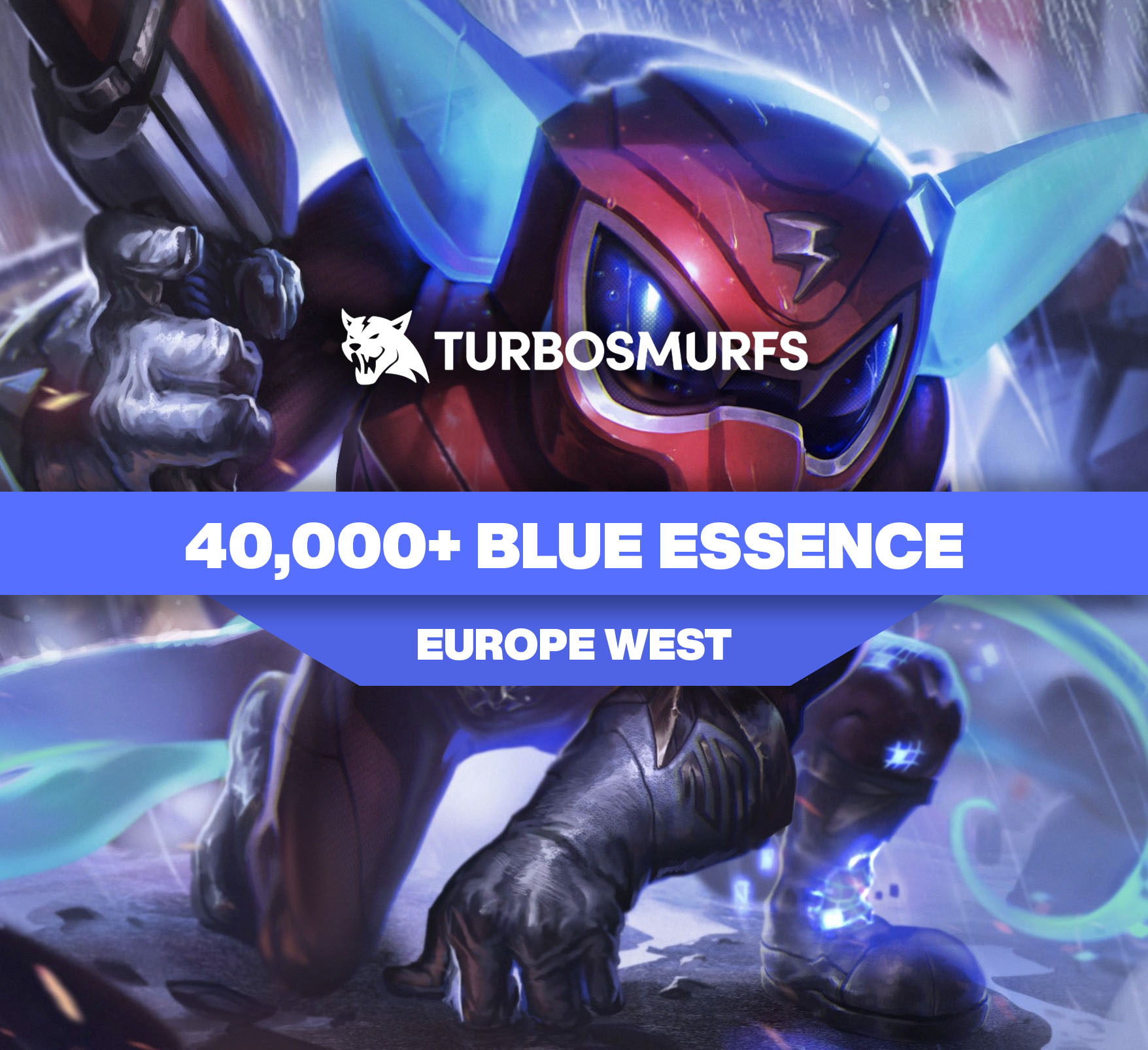
What Playing LoL Can Teach You About Other Game Genres
While League of Legends (LoL) is a competitive multiplayer online battle arena (MOBA), the skills developed through its gameplay are relevant to many other game genres. From strategy and decision-making to communication and adaptability, we believe that LoL teaches lessons that transfer seamlessly into shooters, RPGs, real-time strategy games, and even cooperative multiplayer experiences. Let us explain.
1. Understanding Roles and Team Dynamics
One of the most fundamental aspects of LoL is its focus on roles and team dynamics. Every player has to choose a role with specific responsibilities and understand how that role contributes to the broader strategy of the team. True success requires you to both master your own role and anticipate how your actions interact with the rest of your team.
This emphasis on role awareness translates directly to many other genres. For example, hero shooters like Overwatch demand that players understand the strengths and weaknesses of their chosen characters while coordinating with teammates who may be playing complementary roles. Even in strategy games, knowing how different units or factions interact is essential in order to plan attacks or defend positions successfully.
The underlying skill of recognizing your place within a larger system and acting accordingly simply applies universally across team-based games.
2. Risk Management and Decision-Making
Some of the most overlooked skills from LoL are risk assessment and decision-making under uncertainty. Every engagement, every objective contest, and every item choice requires weighing potential rewards against possible consequences. Players have to learn to analyze the state of the game, anticipate opponents’ actions, and choose when to take calculated risks.
These same lessons apply not only to other MOBA titles but are also extremely valuable in gambling contexts. Many differentiate between gaming and gambling, but the truth is that with the evolution of the iGaming industry (online gambling), there are many similarities. Players who wish to try their luck at online gambling need to make wise decisions and calculate risk both in terms of choosing a platform and managing their budget responsibly.
As an example, gamblers in Norway, who have limited local options available, need to find the best and safest offshore-based online casinos. For doing so, this list of Norwegian casinos can be of big help, working as a starting point. It is then up to each individual player to find their best match based on personal preferences and make a good decision thereafter. Similarly, LoL teaches you to evaluate probabilities and act based on informed judgment rather than impulse.
These skills enhance critical thinking and situational awareness, both within gaming and in other scenarios where risk and reward must be carefully considered.
3. Macro Strategy: Timing, Map Awareness, and Objectives
LoL is not only about winning fights; it is about making the right decisions at the right time. Securing neutral objectives such as dragons, Baron Nashor, or Rift Herald, controlling vision through wards, and rotating effectively between lanes requires strong macro-level thinking. You have to understand the ebb and flow of the game, recognizing when to engage in combat, when to retreat, and when to prioritize objectives over kills. Because of this, timing, resource allocation, and map awareness are all critical skills.
These macro strategies have clear parallels in other genres. In real-time strategy (RTS) games like StarCraft or Age of Empires, players have to balance resource management, unit production, and map control, while timing attacks or expansions. In battle royale games, deciding when to engage enemies, rotate zones, or loot strategically mirrors LoL’s decision-making processes. Even in action RPGs or open-world titles, knowing when to tackle high-level challenges versus farming resources reflects the same type of macro-level planning.
LoL teaches you to see the game from a broader perspective, beyond individual fights. This skill simply transfers to any game requiring strategic foresight.
4. Micro Skills: Mechanics, Reflexes, and Precision
While macro strategy is essential, LoL also demands precise mechanical skills. You need to accurately execute skill shots, dodge enemy attacks, and maintain optimal positioning during fights. Mastery of such mechanics can make the difference between a narrow victory and a crushing defeat. Reflexes, timing, and spatial awareness are constantly tested, which builds a foundation of skills applicable to other games.
For first-person shooters (FPS) or action titles, these micro skills are invaluable. If you are used to tracking multiple variables in LoL, you can translate that awareness to aiming, movement, and reaction timing in games like Call of Duty or Valorant. Fighting games and hack-and-slash titles also benefit, as precise inputs and timing are crucial for executing combos or dodging attacks.
By practicing mechanics in one context, you can develop dexterity and control that seamlessly carry to other genres.
5. Communication and Team Coordination
LoL is inherently social. Effective communication through pings, voice chat, or text messages is often the difference between victory and defeat. You have to coordinate well, which requires constant awareness of teammates’ intentions and actions. Post-game reflection, such as analyzing what strategies worked or failed, reinforces these habits and helps cultivate a mindset focused on collaboration and feedback.
The ability to communicate and coordinate effectively translates directly to many other genres. In tactical shooters, precise callouts and coordinated pushes are critical to success. In cooperative MMORPGs, timing abilities, managing buffs, and orchestrating attacks during challenging encounters rely heavily on the same skills. Even in competitive sports games or other team-based simulations, understanding positioning and anticipating teammates’ actions mirrors the coordination developed in LoL.
Learning to communicate clearly and act as part of a team is an advantage that benefits virtually every multiplayer experience and beyond.
6. Adaptability and Momentum Management
LoL games are dynamic and unpredictable. Even if you fall behind early, the ability to adapt can turn the tide of a match. Learning to read the flow of the game and respond to changing circumstances is therefore a fundamental skill.
This adaptability is useful in genres ranging from roguelikes to tactical strategy games. In roguelikes, random elements and changing conditions require you to adjust builds and tactics constantly. In strategy titles, countering an opponent’s unexpected moves demands flexibility and quick thinking. Even in narrative-driven or branching-choice games, recognizing when to change strategies or explore alternate paths mirrors the adaptability needed in LoL.
The ability to remain calm and effective in evolving circumstances is therefore a transferable skill that benefits any player.
7. Psychological Skills: Resilience, Focus, and Growth Mindset
LoL challenges you to perform under pressure, recover from mistakes, and maintain focus during intense matches. Developing resilience and a growth mindset by learning from losses, analyzing errors, and iterating on strategies is, therefore, as important as any mechanical skill.
These psychological skills are universally applicable. In competitive games, the ability to stay composed under time pressure improves performance across genres. But it also goes far beyond the traditional gaming world. For example, puzzle and logic-based games will also reward patience and careful analysis.
Overall, the mental discipline cultivated in LoL strengthens both gameplay and general problem-solving capabilities.
Conclusion: Applying LoL Skills to Other Games
League of Legends can be seen as a versatile training ground for skills such as strategic thinking, teamwork, adaptability, and decision-making. Whether transitioning into shooters, RPGs, RTS titles, cooperative multiplayer experiences, or a whole different genre, the lessons learned in LoL offer a strong foundation. By applying these skills intentionally, you can elevate your performance across any game genre.

